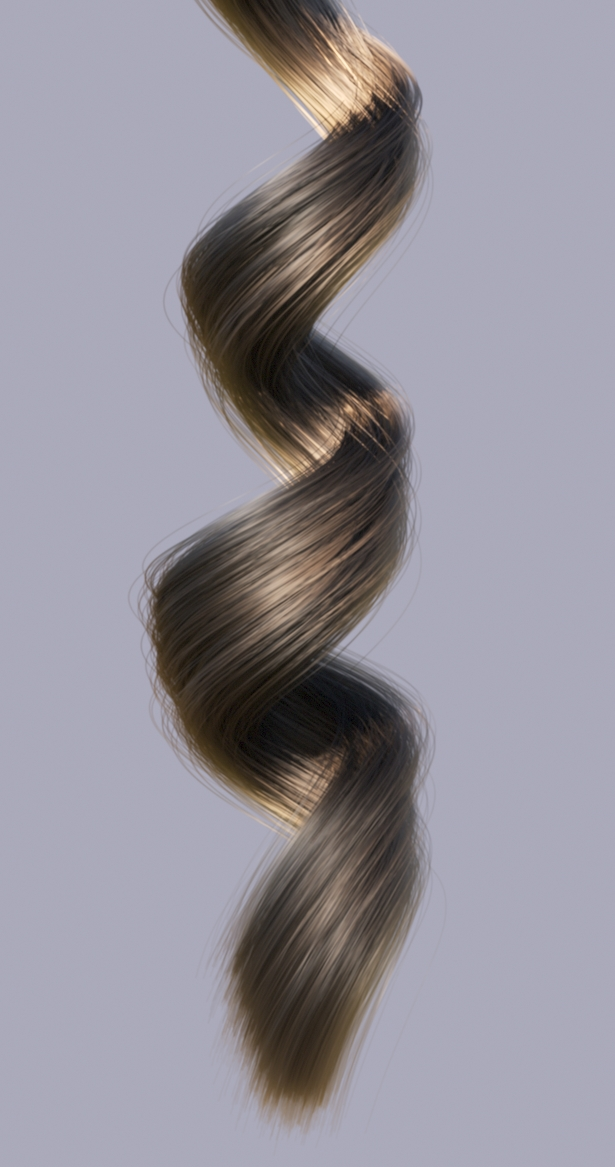
 |
 |
Geometry into Shading Christophe Hery, Michael Kass, Junyi Ling October 2014 Sometimes, when 3D CG objects are viewed from a distance, a great deal of geometry can end up inside a single pixel. When this happens, full-sized facets, or pixels in a displacement map should play the role of traditional micro-facets. Here we describe how to alter traditional shading calculations to ... more Paper (PDF) Additional materials: [Bump2Roughness.tar.gz] Available as Pixar Technical Memo #14-04 |
 |
A Data-Driven Light Scattering Model for Hair Leonid Pekelis, Christophe Hery, Ryusuke Villemin, Junyi Ling May 2015 We present an implementation of the [Marschner et al. 2003] model for importance sampling light reflected from hair. The implemen- tation makes use of a version of Adaptive Importance Sampling (AIS), specialized to fit easily sampled distributions to BCSDFs. Our model is novel among importance sampling implementations in that it ... more Paper (PDF) Additional materials: [hairlock_eccentricity_085.mov], [hairlock_eccentricity_100.mov] Available as Pixar Technical Memo #15-02 |
 |
Pixar's Foundation for Materials Christophe Hery, Ryusuke Villemin, Junyi Ling August 2017 Though the philosophies and main principles behind our setups date back to our work on Physically Based Lighting for Monsters University, we present the mental models and more modern features and usages covered by PxrSurface and PxrMarschnerHair. Paper (PDF) SIGGRAPH 2017 Course Notes |
 |
Hypertextural Garments on Pixar's Soul Jonathan Hoffman, Matt Kuruc, Junyi Ling, Alex Marino, George Nguyen, Sasha Ouellet July 2020 The art direction of Souls version of New York City sought a highly detailed "hypertextural" style to contrast the ethereal volumetric world our characters visit later in the film. The Soul characters team identified that increasing the detail of our garment assets heightened the separation between the two worlds. To ... more Paper (PDF) |